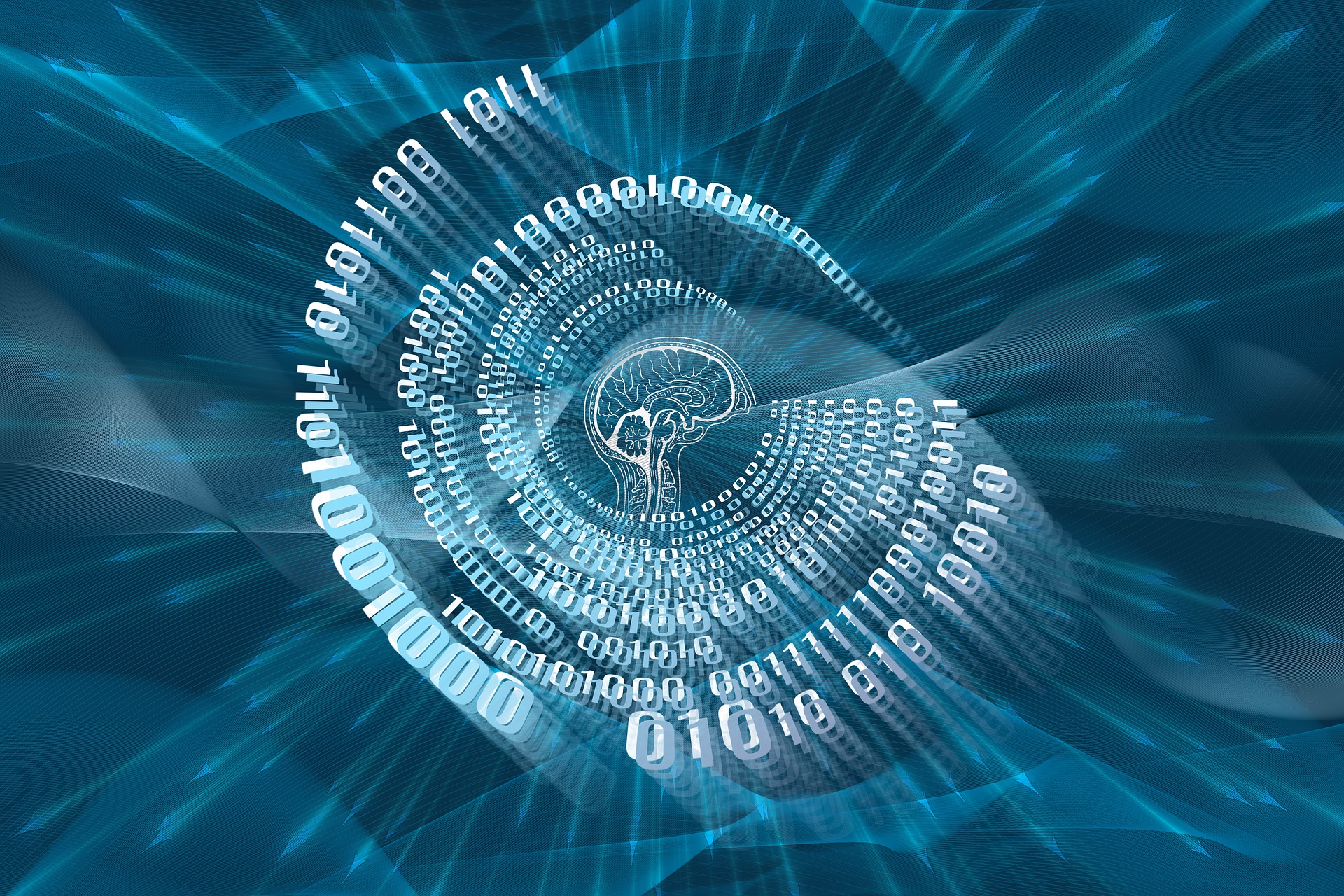Human Evolution and AI: A Note to Leaders (Part 1 of 2)
The human experience is changing by leaps and bounds thanks to AI. The recent headlines from around the globe make one pause.
Chat GPT just got a memory.
Sam Altman is raising nearly 8% of the world’s GDP to ramp up chip production, which will substantially increase the capacity of AI development.
Nvidia stock surpassed both Alphabet’s and Amazon’s.
An AI-generated deepfake video of the late dictator Suharto of Indonesia (the world’s fourth-most populous country) went viral during the election weekend, sparking ethical concerns and questions about voter manipulation.
AI ads went mainstream in this year’s Super Bowl, with a bunch of major companies showcasing AI ads at the most-watched event.
Human Evolution and AI
With the advent of computers and the internet, we now have access to vast amounts of information at our fingertips, changing the way we think and learn.
This may influence the evolution of our cognitive abilities, as our brains adapt to process and utilize information differently.
It is also upending the way we build interpersonal relationships and lead teams.
Here is what leaders should consider…
A Note to Leaders: Effects of AI on Team Performance
1) New Psychological Challenges
- More technology-driven options require more cerebral energy to process; options complicate life.
- Mental health will be challenged more and more due to informational intoxication as the amount of information we process constantly increases.
- Information metabolism would become a new important skill – ability to turn information flow into useful insights and use them.
2) Productivity
- Constant exposure to digital devices and unprecedented access to information may affect our attention spans and ability to multitask.
- Our cognitive processes may adapt to handle vast amounts of data from multiple sources more efficiently.
- It will most likely reduce the need for individuals to stay in low-paying, exploitative jobs that offer little opportunity for advancement or skill development.
- This will enable humans to focus on more strategic and creative tasks.
- Some jobs may be replaced by AI-driven systems, leading to a need for reskilling and upskilling to adapt to new roles.
3) Emotional Regulation
- The constant influx of information and the fast-paced nature of digital communication may impact emotional regulation and stress management.
- The prevalence of online communication will require the human psyche to adapt to accommodate new norms and ways of connecting with others.
- It will also enhance the value of human-to-human communication.
- People will crave activities that foster a sense of belonging and creativity at the community level (think team-building events, corporate gatherings, happy hours, etc).
4) Communication
- Technology has already influenced language through the creation of new words and communication norms.
- This process may continue, leading to the evolution of language and communication patterns.
- In team meetings, with the rise of video conferencing and virtual reality, non-verbal communication cues may evolve to be more pronounced and critical in digital interactions.
- Expect human-AI teaming on projects.
5) Creativity
- Technology provides new tools for creative expression and offers workers more flexibility to choose jobs based on factors like job satisfaction, work-life balance, and skill development.
- It will become more popular to pursue education and skill development, which enhance one’s creative capacities.
6) Ethical and Moral Decision-Making
- As technology raises new ethical dilemmas (e.g., AI ethics, erosion of privacy, machine bias, machine elicited human labor exploitation), human psychology may evolve to incorporate a heightened awareness of these issues and an increased capacity for ethical decision-making.
Takeaways For Leaders
Al will continue to affect the evolution of the human brain and behaviors, as well as the way people interact and work with each other.
To address the changes that teams are undergoing due to the fast adoption of AI, leaders and companies can:
- Establish workplace mental health programs, including employee assistance programs, stress reduction initiatives, and mental health training for managers (especially in tech-centric organizations where recognizing the value of a human being versus a machine becomes even more important).
- Promote work-life balance and flexible work arrangements to reduce work-related stress.
- Incentivize employees’ soft-skills development, as this would help create better team leaders (understanding major self-leadership concepts is critical to evolving personal psychological strategies in order to cope with stress and uncertainty).
Popular posts on similar topic:
- The Remote Work Revolution: 5 Considerations
- Self-leadership lecture at UW Foster Executive MBA
- Research paper titled New Risk-Management Considerations For The Real Estate Industry In The Era Of AI
About the author:
Olga Koroleva is a founder and CEO of Capital Brain, a company that builds AI-powered products. She is also a high-altitude mountaineer who likes to climb mountains with double-digit death rates, University lecturer, and a public speaker on leadership and risk taking. Sign up to her self-leadership newsletter at https://capitalbrain.co/blog/

